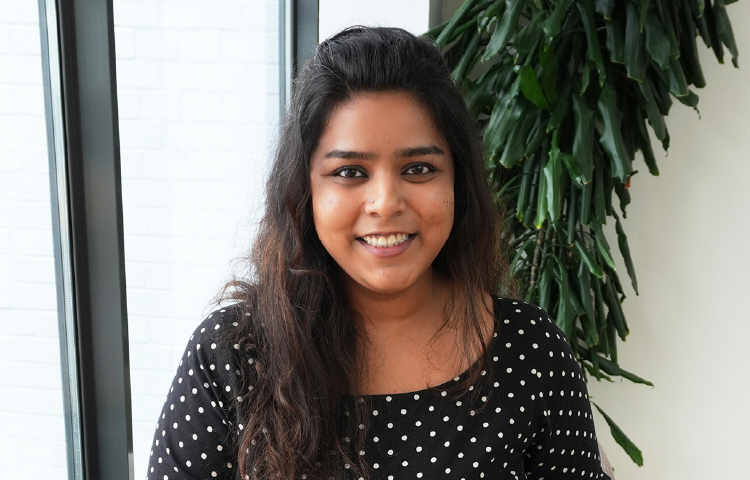Ciarb Journal editorial board expands to reach new heights of diversity and scholarship
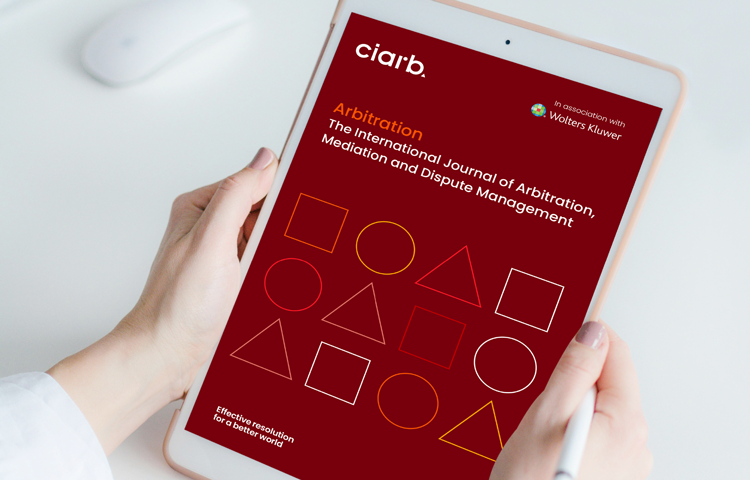
The new Editor-in-Chief of Ciarb’s quarterly digital publication, Arbitration: The Journal of International Arbitration, Mediation and Dispute Management, is expanding its editorial board to strengthen scholarship and the diversity of expertise across different jurisdictions and ADR disciplines.
Prof. S.I. (Stacie) Strong, who appoints and chairs the editorial board and works with the Journal’s Assistant Editors and Production Team to review and commission articles, has also altered the editorial board’s structure to balance academic and professional-practitioner perspectives and to enhance the quality of peer review.
“I want to continue the Journal's upward trajectory in terms of the quality and diversity of scholarship published,” says Stacie, who took on the role of Editor-in-Chief earlier this year. “We are uniquely positioned within the arbitral community as a truly global publication that addresses the entire range of dispute resolution mechanisms in private international law, and I hope to use our platform to discuss new ideas and issues in our field while also addressing the community's core concerns.
We have been serving the international dispute resolution community for 110 years, having published our first issue in 1915. Despite our long history, we are always looking for new ideas and are therefore happy to hear from our readership about topics of interest to them. We also encourage over-the-transom submissions - with four deadlines a year, it’s always a good time to submit an article or case note. Our editorial guidelines are on our website, and the somewhat shorter length of our articles can be a real boon to authors from both academia and practice.”
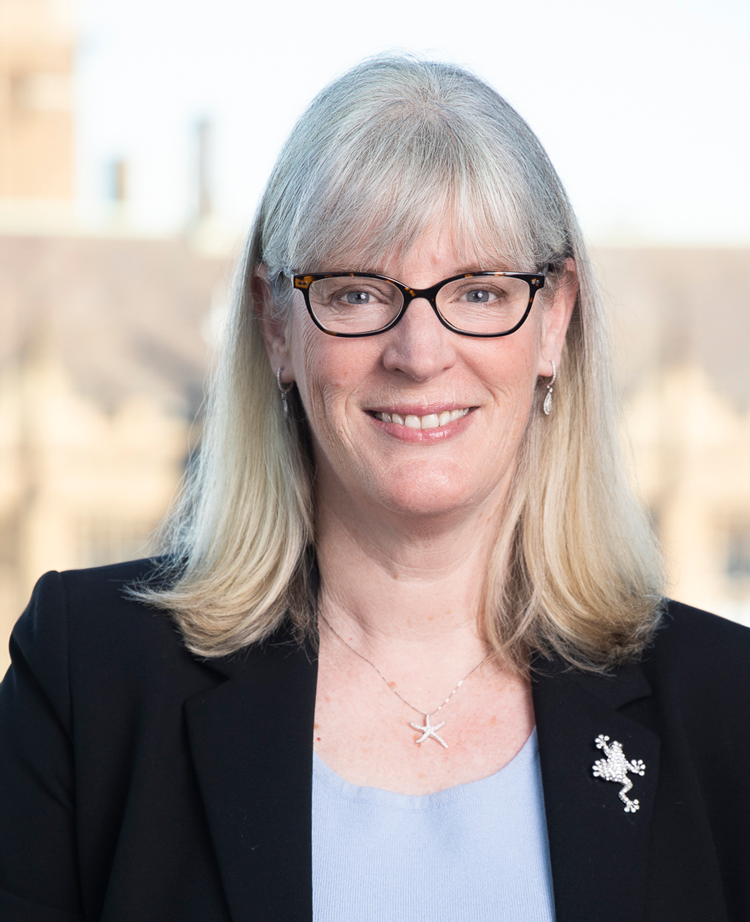
When asked what the motivation was to join Ciarb’s Journal as Editor-in-Chief, Stacie, who currently serves as K.H. Gyr Professor of Private International Law at Emory University School of Law, says: “I've been a fan of the Journal since the beginning of my career when it was one of the few specialist publications dealing with international commercial dispute resolution. I was also finishing up with a long-running service commitment as moderator of Young OGEMID and wanted to find another way to contribute to the arbitral community.”
The editorial board’s 27 members hold a voluntary position for a fixed term. The term of the current editorial board will end in 2028. We spoke to some of the editorial board’s members to learn why they joined, what the Journal means to them, and why it continues to be such a valuable resource for the ADR community.
---
Dr Benjamin Hayward, Associate Professor, Monash Business School, Australia

“I've long been a user of the Ciarb Journal, having been introduced to it for research purposes as an undergraduate student, continuing to refer to its published research in my current academic role, and having previously published in it. It's a pleasure now in my Assistant Editor role to contribute to the Journal's publication into the future.
As an Assistant Editor, I work with the Editorial Team to review submitted articles, make publication recommendations, and proof finalised articles. All of these tasks require an eye for detail and are a great extension to how I employ that eye for detail in my own research work.
The Journal publishes on a wide range of contemporary arbitration and dispute resolution topics and I'm sure new readers will quickly find that the Journal publishes research of interest regardless of their position in the dispute resolution landscape. It's also a great way to keep up to date with new developments in arbitration legislation, rules and case law.”
---
Amy Schmitz, John Deaver Drinko-Baker & Hostetler Endowed Chair in Law, Ohio State University Moritz College of Law, United States

“I was honoured to be invited to join the board, as this Journal provides an important peer-reviewed perspective. The Journal is uniquely positioned to provide international insights from experts in arbitration.”
---
Dr. Pr. Benoit Le Bars MCIArb, Managing Partner, Lazareff Le Bars SARL, France

“I was motivated to join the Journal’s editorial board by the chance to contribute to the growth and cohesion of the global arbitration community. The Journal plays a vital role in connecting practitioners, academics, and arbitrators across jurisdictions. I wanted not only to engage with emerging debates but also to help create a platform where ideas can be shared, tested and improved, thereby strengthening the community of arbitration professionals and encouraging the next generation to contribute to the field.
The Journal is more than a scholarly publication – it’s a hub for the international arbitration community. Our goal is to ensure it fosters dialogue across borders and practice areas, offering both practical guidance and space for thought leadership. Readers should know that the Journal is committed to nurturing a dynamic, inclusive community of arbitration professionals by spotlighting diverse perspectives, addressing emerging challenges, and providing insights that practitioners, counsel and arbitrators alike can use to shape the future of the field.”
---
You Yu Benson Lim, Legal Advocate, Sixty Three Law Corporation, Singapore

"My first journal publication was in Ciarb’s Journal more than a decade ago. Based in Asia, I want to support the depth of academic thought globally in Ciarb’s Journal to push the boundaries of human thinking.
In a world where few are currently prepared to listen and consider differences in opinions, I hope the diversity on the editorial board will reflect a vision for a better and more thoughtful society. Better ideas are fostered in an environment which draws in the best thoughts from around the world. This Journal is both a place for the future and present leaders of academic thought in arbitration."
---
Pietro Ortolani, Professor of Digital Conflict Resolution, Radboud University, The Netherlands

“I was motivated to join the editorial board as I can help the Journal shape the academic and professional discourse around arbitration. I look forward to contributing to the Journal’s growth and evolution, particularly with my technological and comparative law expertise.
The Journal is a great venue for arbitration practitioners and academics to publish their writing, leading to cross-fertilisation between theory and practice, and to stimulating debates.”
---
Lilit Nagapetyan, Queen Mary University of London, and Associate, Norton Rose Fulbright LLP, UK
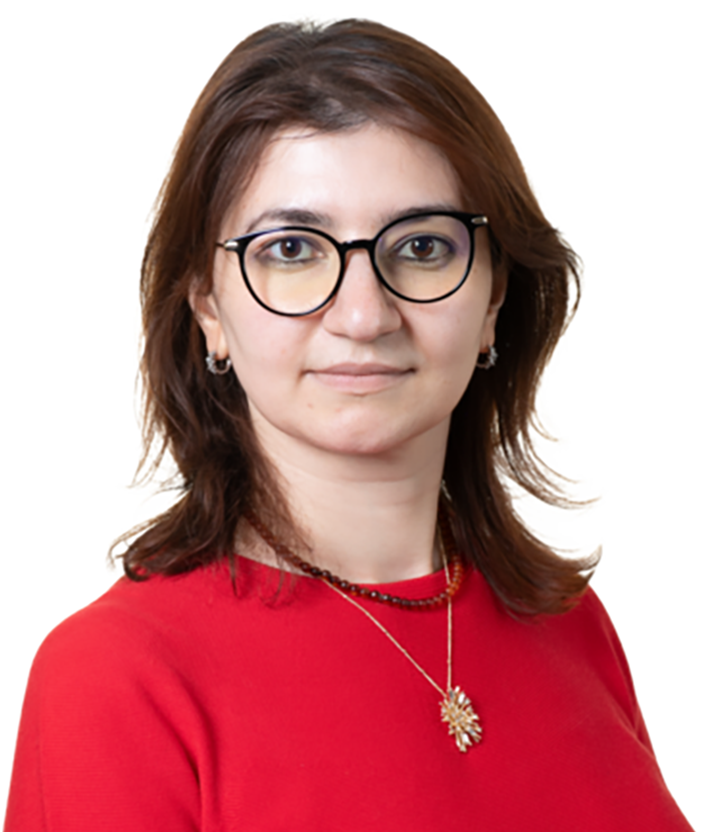
“I joined the editorial board because, as both an emerging practitioner and academic in the field, I was keen to engage more deeply with current debates and contribute to the exchange of innovative ideas within the arbitration community. I view the Journal as a vital platform where scholarship and practical experience converge, and I am enthusiastic about playing a role in shaping that ongoing dialogue.
I would like readers to know that the Journal is not only a record of current thinking in arbitration and ADR, but also a space that looks ahead to where the field is going. It brings together diverse and international perspectives - both established and emerging - to explore new ideas, challenge assumptions, and reflect on how dispute resolution can continue to evolve. The Journal therefore connects scholarship with real-world insight, keeping the conversation in arbitration fresh, relevant and forward-looking.”
---
Victoria Shannon Sahani, Professor of Law, Boston University School of Law, United States
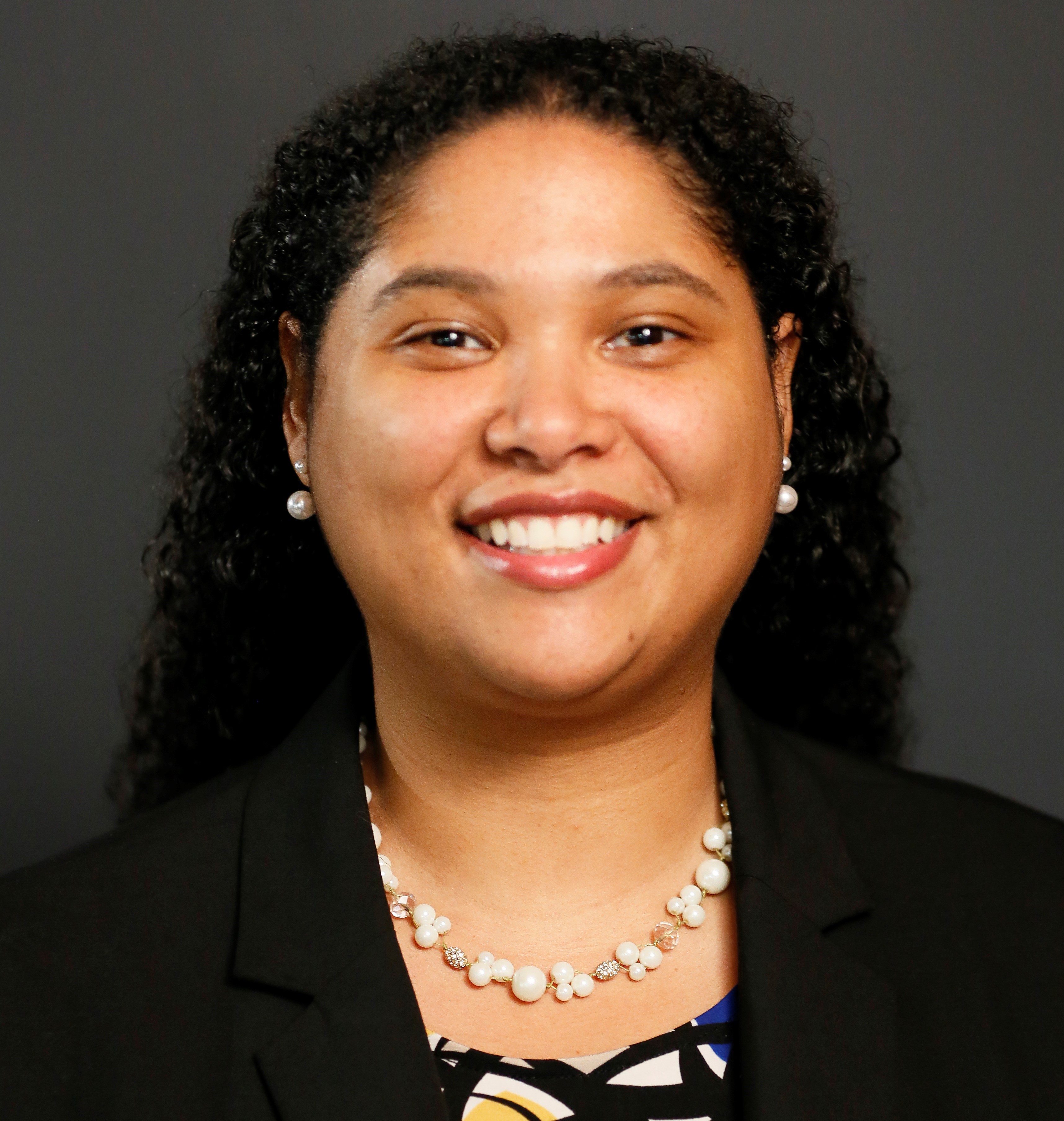
"I am honoured and delighted to be invited to join the Journal’s editorial board because it helps connect academics and practitioners who are thinking deeply about questions that are at the forefront of international arbitration practice. The Journal also provides a bridge between the domestic and international arbitration communities through scholarly inquiry."
---
Stacie has also created a new advisory board (further details will be shared separately) to help identify new topics of interest and potential authors, and is launching “new initiatives that will help build upon the Journal's past successes even as we move into the future.”
If you’re a Ciarb member, you have exclusive access to the Journal through your MyCiarb account.

